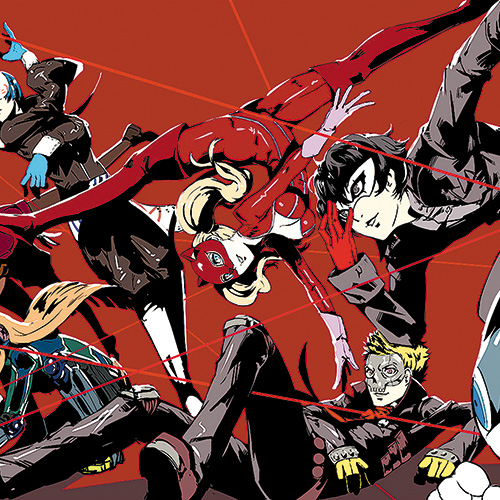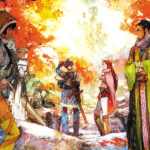PaigeFTW: The Case for Linearity

As gaming marches unrelentingly towards our brave new open-world future, I find myself digging my heels in.
It’s not that I don’t like open-world games — I worship at the shrine of Final Fantasy XV, you know — but I crave structure. People deride the beautiful hallways of Final Fantasy XIII, but I say, what’s wrong with that? That game’s problem wasn’t that it was too linear, really; it was the story being told (and how it maddeningly kept splitting the oft-unlikable party up).
Playing Persona 5 now, I find myself in a kind of perpetual panic. The clock is ever-ticking — every action puts me one step closer to the end, running out of time to do everything I want. This is not Breath of the Wild, where the Calamity Ganon waits patiently for adventurers to search for 900 Korok seeds before the end of the world.
The beauty of Persona, really, is that there will never be time enough to do everything.
It is a foreign feeling in today’s laissez-faire gaming, where “player choice” is paramount, sometimes at the expense of any sense of urgency within the story. Everything can be delayed, more or less.
Mass Effect: Andromeda urges Pathfinders to remember that thousands of people depend on them finding new, viable homes and fast … but you can still spend time traipsing around, installing nonessential satellite dishes for hours. How urgent is it, really? Many critics derided Final Fantasy XV’s second half, which hustled the player onto a linear march to the endgame, but it made sense. If the world is ending, you really don’t have time to spend two weeks fishing.
Persona 5 — perhaps the one major release of the past six weeks that wasn’t an open-world game —may help to remind players that limitations are not necessarily the enemy. Sometimes finite options are better ones, particularly if these restrictions are in service to a larger goal.
You don’t have forever to save the world — so use your time wisely.











